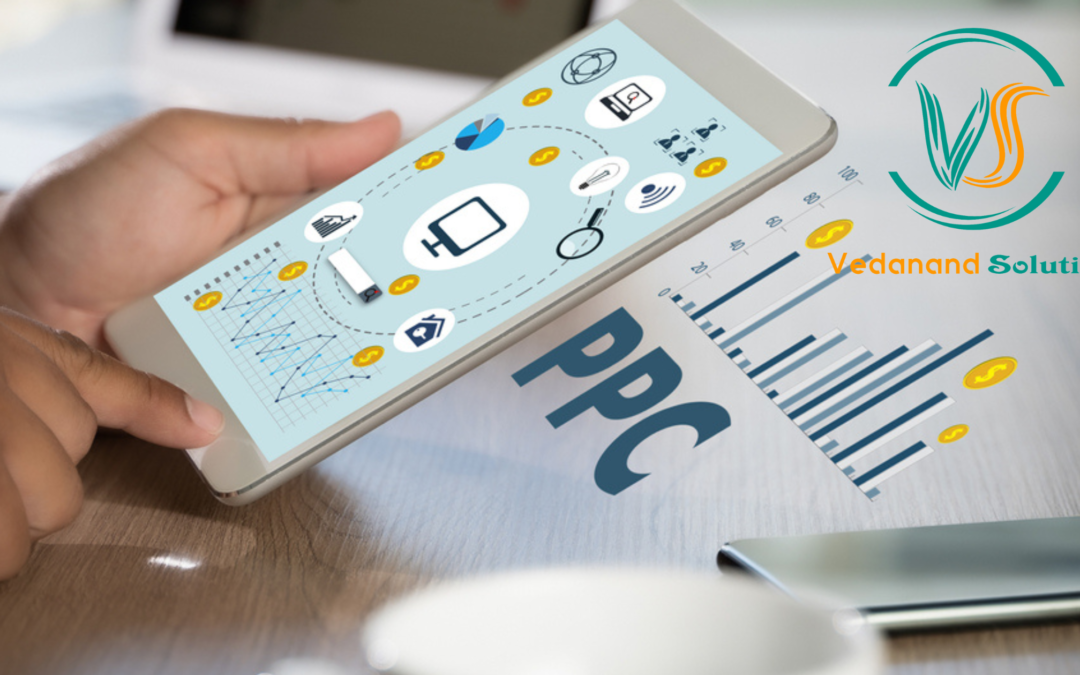The advertiser only pays when someone clicks through his ad Pay-per-click advertising is an important part of online advertising that works on a pay-as-you-click principle. This kind of ad allows firms to bid for their ads on search engine’s sponsored results pages whenever there is a search on these engines using specific keywords in their product line. With the help of PPC campaigns, sites can be visited by target clients.
Basic Points Related to Pay-Per-Click Campaigns
Pay-per-click campaigns are based on key phrases that are entered into search engines by people. Advertisers choose key phrases that are appropriate for their customers. It could happen that when people type these keywords they see the ad of that company on their screen. The advertiser does not have to pay until somebody clicks on their ad which means it is cheaper than buying direct traffic.
How do you understand Pay Per Click Campaigns?
Advertisers need to manage advertisements carefully for them to succeed with PPC campaigns. In each keyword, they put the highest amount they are ready to pay when one clicks on their adverts, as the maximum bid. Besides, persons who advertise should also take into concern factors like ad quality score and ad relevance, because the placement and cost of advertisements on search engines depend on them. The most important criterion is not which person is willing to pay the biggest amount of money for putting an ad on his/her site, but how relevant this ad is to the site content or target audience. For this search engines must have a look at the quality and reliability.
The Benefits of Pay-Per-Click in Digital Marketing
One main reason why PPC ads are so popular is because they offer immediate results. That is because when people are engaging in SEO marketing there are occasions when it may take time before any outcome can be realized unlike with pay-per-click campaigns whose outcome can be seen almost immediately in terms of targeted traffic generation for one’s blog or website. Hence, for firms that want more exposure in a short time and boost their sales, PPC is the way to go.
PPC advertising features flexibility and control as another benefit. Advertisers have complete control over their campaigns. This means that they can change settings like budget, targeting and ad copy at any time. Such strong control helps in optimizing campaigns for the best results and increasing their ROI.
Tips for operating a successful pay-per-click campaign
For an optimal PPC campaign effect, advertisers should adhere to top standards and keep refining their campaigns. Examples of this are doing keyword analysis that indicates appropriate keywords of great urgency, writing ad texts that will be clicked on with ease as well as experimenting with several ads to identify which ones work most effectively.
Furthermore, for advertisers to get the most out of their PPC investment, they must regularly monitor and analyze their campaign performance to identify areas for enhancement. This could be tweaking the keyword bids, refining targeting settings or updating ad creatives depending on how they have been performing. This way the advertisers will have optimized their campaigns always
Conclusion:
To sum it up, pay-per-click advertisements have their place among the tools of the digital marketer who wants success. They will help him/her direct a particular group of persons to his website enabling him/her to adjust rates as they bid for positions in browser search engines while at the same time improving sales margins. PPC is such an effective way to achieve marketing aims with potential customers but only when undertaken in a well-thought-out manner by companies who want positive results achieved.
Frequently Asked Questions (FAQs) Regarding PPC
Q1. What do you mean by PPC advertising?
Pay-per-click advertising incorporates an internet-based business model, i.e., advertisers who pay only when their ad is clicked. It is a form of purchasing traffic instead of earning traffic naturally.
Q2: What is Pay-per-click (PPC) advertising about?
When anyone seeks information relating to what they deal in, their notification might show up with the outcome of their search on the net in sponsored links situated in search engines. Participants are compensated only if the ad is clicked by an individual.
Q3: How is Pay-per-click advertising helpful in digital marketing?
The perk of PPC advertising is that it can easily be modified. This makes it possible for you to be very creative in coming up with the best strategies that will reach out to more people online. Businesses therefore benefit from increased visibility due to a rise in potential leads as adverts become more popular allowing immediate viewership after they have been posted even on social media platforms like Facebook Ads which enable developers to monitor their campaigns by making use of keywords or phrases associated with particular groups such as students looking for internships.
Q4: How will I succeed in running a Pay Per Click campaign?
Conducting keyword research, creating compelling ad copies, and continuously optimizing the campaign based on performance data are important for a successful PPC campaign. Therefore, one should continuously monitor the campaign’s performance as it analyses the data to maximize ROI and realize marketing objectives.
Q5: What are the best practices when it comes to Pay-per-click advertising?
Selecting appropriate keywords and writing persuasive ad copy are some good recommendations for PPC advertising. Additionally, advertisers should test various ad versions, monitor performance regularly, and care about the quality score as well as ad relevance to reach better ad placements at a lower cost per click rate.




